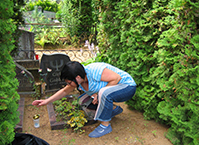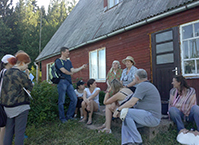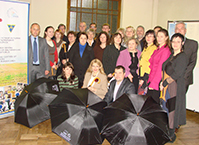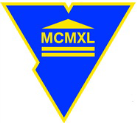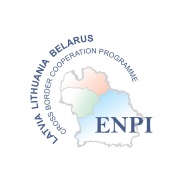About money
Categories: Confessional and international relations, Mikhail Hichanski
And what did your house look like?
The house was about four to five meters made of l…logs, not plastered, there wasn’t any wallpapers, there was only one small window, there was a stove and there was a such a hole in the stove between the bricks. On the stove there was a large batch of long dry sticks. I put these long dry sticks into the hole, burn it up and did my homework because there wasn’t either electricity or kerosene. Only those who were wealthy could afford buying kerosene. Well, we did not have money to buy kerosene.
Where was it possible to make money at that time?
To make money…So if people lived single-handedly in the village they dag through embankments, so they had money. For example, a cow drops a calf, they take a calf to Dokshitsy, sold it – so they had money. If someone bred two pigs, one was left for himself, the other could be sold. Еслі вырасціл два кабанчыка, аднаго себе, а другога мог прадаць. Or unnecessary grain, for example, also was taken to the town and sold there. But the people like we were couldn’t do that. Later on I even didn’t know that it was possible to buy the shoes, boots. Roughly speaking once a week there used to come a man called «ryznik». He was a Jew and came by horse wagon and brought all necessary goods: salt, matches, stitching, needles, kerosene, and household soap. And women who could came out and brought different old clothes, gave him and took what they needed. As for money, nobody had any idea about money, my mother never brought money.
Did you see the Polish money?
No, I didn’t. Later I saw it in possession of other people. When one man settled down at our … house I saw it, he showed me two Polish zlotys. There was Jozef Pilsudzki on it, his portrait, such a bronze coin, silver coin. But in general we had never had any money at all.
Were there both wealthy and poor people in your village?
Yes, there were wealthy and poor.
Who were the wealthy people?
They were ordinary people. All of them were working, they possessed more land. For example, my uncle. They were two brothers in the family – one was married, the other was married, too. They had a horse, two cows, sheep, hens. One of them was working for the farm, he cultivated the farmland. He had about two, two pieces of land. We could seed rye, everything was worked out, to seed barley, and flax to weave clothes. They left free land and seed «papar» or lupine. And they rotated crops this way, thrashed each grain, and floured it. Ther was such a hopper, they put at separate places barley, rye. They thrashed the grain for flour, grits. We lived this way. The other uncle who was a bit younger was a «soltys», it’s like a chair of the village council.
What was «soltys» responsible for?
Well, like a member of, a chair of the village council he was monitoring the villages, was fighting against vodka brewing and home-grown tobacco. People seeded tobacco for smoking. But they were made to buy this makhorka at the shop. They were fined. He took care of cleanness in the villages, of drains that should be dag along the street in the village.
Why?
In case of rain not to let the water stay in the streets, to tell the people to paint the houses white. There wasn’t any paint, so they went to the forest, fff….found such white clay there. They added some water to it and whitened the houses. It was beautiful. Holidays, Whitsun. We planted birches around and then… the soltys went door to door and check, the wealthy gave grain as a state duty in the amount that must be given to the landlord, to the landowner. Well, we crumbed bread as well. I worked for one man when I had vacations, I tended sheep. He was a whale for work, too. Well, he had, for example, four cows and twenty two sheep. So. And I tended these sheep for him all summer. He gave me meals but he didn’t give me any money. I used to bring home some bread or a pancake, so I lived this way at the vacations, was surviving. And some... He could sell a few sheep and could have money already.
Video
Researcher: Олег Коляго, старший преподавател, ГрГУ им. Я. Купалы


